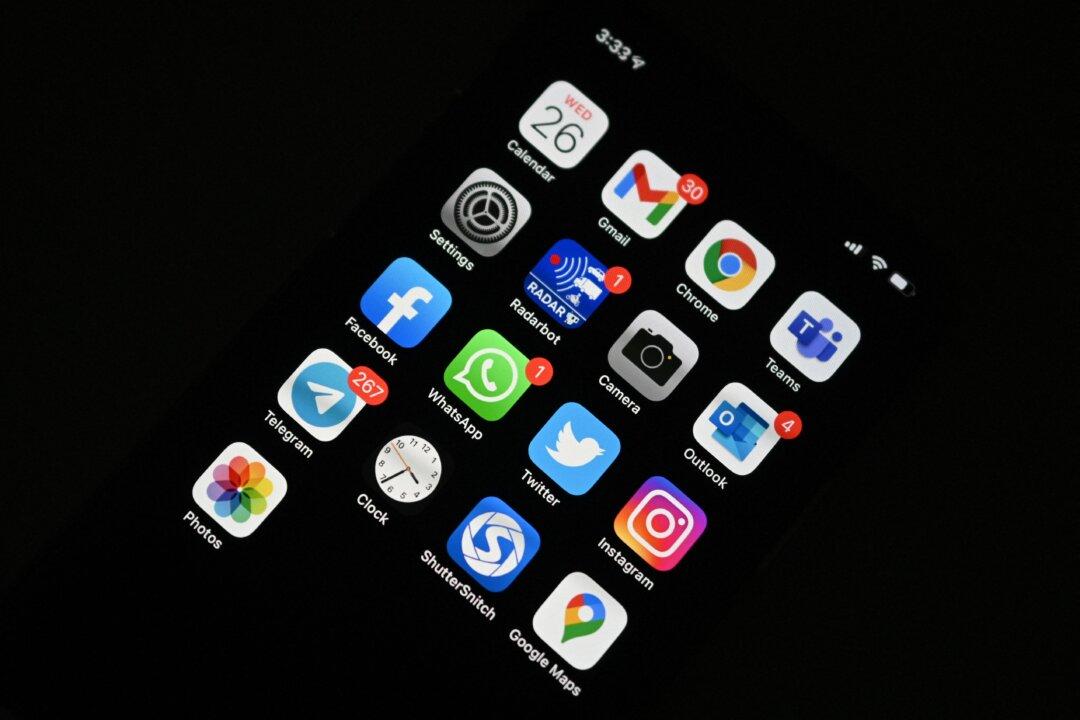As a former senior Soviet analyst for the Central Intelligence Agency as well as ex-advisor to President George W. Bush, then-National Security Advisor Condoleezza Rice, and other senior government officials, Bryan Cunningham—who is now the Executive Director of the Cybersecurity Policy and Research Institute at the University of California–Irvine—spent years studying Russian President Vladimir Putin.
In a recent interview with The Epoch Times, Cunningham weighed in on Putin’s war with Ukraine now entering its third month.




